-
 Bitcoin
Bitcoin $114400
0.68% -
 Ethereum
Ethereum $3550
2.48% -
 XRP
XRP $3.001
4.99% -
 Tether USDt
Tether USDt $0.9999
0.01% -
 BNB
BNB $757.6
1.46% -
 Solana
Solana $162.9
1.07% -
 USDC
USDC $0.9998
0.00% -
 TRON
TRON $0.3294
0.91% -
 Dogecoin
Dogecoin $0.2015
2.46% -
 Cardano
Cardano $0.7379
2.01% -
 Stellar
Stellar $0.4141
8.83% -
 Hyperliquid
Hyperliquid $37.83
-1.91% -
 Sui
Sui $3.454
0.76% -
 Chainlink
Chainlink $16.62
3.53% -
 Bitcoin Cash
Bitcoin Cash $554.6
2.84% -
 Hedera
Hedera $0.2486
3.91% -
 Ethena USDe
Ethena USDe $1.001
0.00% -
 Avalanche
Avalanche $21.95
3.34% -
 Toncoin
Toncoin $3.563
-2.85% -
 Litecoin
Litecoin $112.7
2.65% -
 UNUS SED LEO
UNUS SED LEO $8.977
0.13% -
 Shiba Inu
Shiba Inu $0.00001232
1.85% -
 Uniswap
Uniswap $9.319
2.93% -
 Polkadot
Polkadot $3.632
1.38% -
 Monero
Monero $307.2
2.36% -
 Dai
Dai $0.9997
-0.03% -
 Bitget Token
Bitget Token $4.340
0.91% -
 Pepe
Pepe $0.00001048
1.07% -
 Cronos
Cronos $0.1348
3.26% -
 Aave
Aave $261.5
1.93%
What DEEP coin exchanges are recommended? What risks should be paid attention to when choosing?
For trading DEEP coins, consider Binance, KuCoin, and Huobi for their security, liquidity, and user-friendly interfaces, but be aware of potential security, regulatory, and market risks.
May 23, 2025 at 03:49 pm
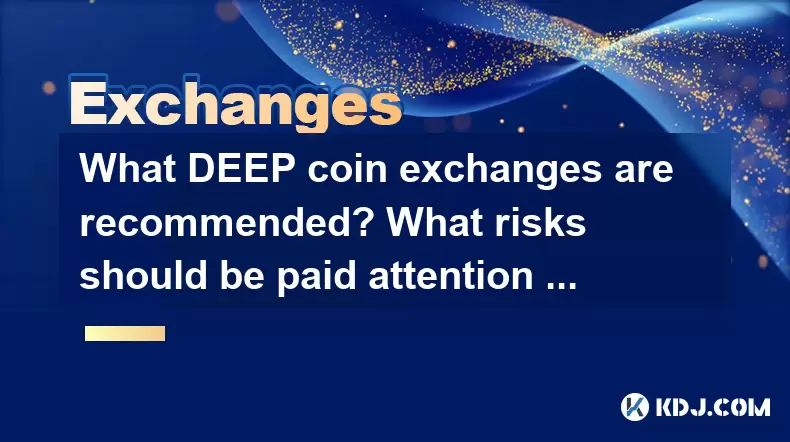
When considering trading DEEP coins, it's crucial to select reputable exchanges that offer robust security, liquidity, and user-friendly features. Here, we'll explore some recommended exchanges for DEEP coins and discuss the risks you should be aware of when choosing a platform.
Recommended Exchanges for DEEP Coins
Binance: As one of the world's largest cryptocurrency exchanges, Binance offers a wide variety of cryptocurrencies, including DEEP coins. The platform is known for its high liquidity, which is essential for ensuring that you can buy and sell your coins at fair market prices. Additionally, Binance provides a user-friendly interface and robust security measures, including two-factor authentication (2FA) and cold storage for the majority of user funds.
KuCoin: KuCoin is another popular exchange that supports trading DEEP coins. It is known for its competitive trading fees and a wide range of trading pairs. KuCoin also offers a mobile app, making it convenient for users to trade on the go. The platform's security features include 2FA, withdrawal whitelists, and regular security audits.
Huobi: Huobi is a well-established exchange with a strong presence in Asia. It offers trading in DEEP coins and is known for its high liquidity and advanced trading features. Huobi's security measures include 2FA, multi-signature wallets, and a dedicated security team that monitors the platform 24/7.
Factors to Consider When Choosing an Exchange
When selecting an exchange for trading DEEP coins, several factors should be taken into account:
Security: The security of your funds should be a top priority. Look for exchanges that offer robust security measures such as 2FA, cold storage, and regular security audits. Additionally, check if the exchange has a history of security breaches and how they have responded to such incidents.
Liquidity: High liquidity ensures that you can buy and sell your DEEP coins at fair market prices without significant slippage. Exchanges with high trading volumes typically offer better liquidity.
Fees: Trading fees can significantly impact your overall profitability. Compare the fee structures of different exchanges to find the most cost-effective option for your trading needs.
User Interface: A user-friendly interface can make your trading experience more enjoyable and efficient. Look for exchanges with intuitive designs and responsive customer support.
Risks to Consider When Choosing an Exchange
Trading DEEP coins on any exchange comes with certain risks that you should be aware of:
Security Risks: Despite the best security measures, exchanges can still be vulnerable to hacks and theft. Always use strong passwords, enable 2FA, and never share your private keys or seed phrases with anyone.
Regulatory Risks: The regulatory environment for cryptocurrencies can be uncertain and may change rapidly. Ensure that the exchange you choose complies with the regulations in your jurisdiction to avoid legal issues.
Market Risks: The cryptocurrency market is highly volatile, and the value of DEEP coins can fluctuate significantly. Always conduct thorough research and never invest more than you can afford to lose.
Counterparty Risks: When trading on an exchange, you are relying on the exchange to hold your funds securely and execute trades accurately. If the exchange goes bankrupt or faces financial difficulties, your funds could be at risk.
How to Set Up an Account on a Recommended Exchange
Setting up an account on a recommended exchange like Binance, KuCoin, or Huobi involves several steps. Here's a detailed guide on how to do it:
Visit the Exchange Website: Go to the official website of the exchange you want to use. For example, if you choose Binance, navigate to www.binance.com.
Sign Up for an Account: Click on the "Register" or "Sign Up" button. You will be prompted to enter your email address and create a strong password. Some exchanges may also require you to provide a phone number.
Verify Your Email: After signing up, you will receive an email from the exchange. Click on the verification link in the email to activate your account.
Complete KYC Verification: Most reputable exchanges require you to complete a Know Your Customer (KYC) verification process. This typically involves uploading a government-issued ID and a selfie. Follow the instructions on the exchange's website to complete this step.
Enable Two-Factor Authentication (2FA): To enhance the security of your account, enable 2FA. Most exchanges support Google Authenticator or similar apps. Download the app, scan the QR code provided by the exchange, and enter the 6-digit code generated by the app to complete the setup.
Deposit Funds: Once your account is set up and verified, you can deposit funds into your exchange wallet. Navigate to the "Deposit" section, select the cryptocurrency you want to deposit (e.g., Bitcoin or Ethereum), and follow the instructions to send funds to the provided wallet address.
Trade DEEP Coins: With funds in your account, you can now trade DEEP coins. Navigate to the trading section, select the DEEP coin trading pair, and place your buy or sell order.
Tips for Safe Trading on Exchanges
To ensure a safe and successful trading experience, follow these tips:
Use Strong Passwords: Always use a strong, unique password for your exchange account. Consider using a password manager to generate and store complex passwords.
Enable 2FA: Two-factor authentication adds an extra layer of security to your account. Always enable this feature and use a reliable authentication app.
Withdraw to a Personal Wallet: For long-term storage, it's advisable to withdraw your DEEP coins to a personal wallet rather than leaving them on the exchange. This reduces the risk of losing your funds due to a security breach.
Monitor Your Account: Regularly check your account activity and transaction history. If you notice any suspicious activity, report it to the exchange's customer support immediately.
Stay Informed: Keep up to date with the latest news and developments in the cryptocurrency space. This can help you make informed trading decisions and stay aware of potential risks.
Frequently Asked Questions
Q: Can I trade DEEP coins on decentralized exchanges?
A: Yes, some decentralized exchanges (DEXs) may support trading DEEP coins. However, the liquidity and user experience on DEXs can vary significantly compared to centralized exchanges. Always research the specific DEX to ensure it meets your trading needs.
Q: Are there any specific wallet recommendations for storing DEEP coins?
A: For storing DEEP coins, hardware wallets like Ledger or Trezor are recommended for their high security. Software wallets like MetaMask or Trust Wallet can also be used, but they may be less secure than hardware options.
Q: How can I check the liquidity of DEEP coins on an exchange?
A: To check the liquidity of DEEP coins on an exchange, look at the order book and trading volume. Exchanges usually display this information on the trading page for each cryptocurrency pair. Higher trading volumes and tighter bid-ask spreads indicate better liquidity.
Q: What should I do if I suspect my exchange account has been compromised?
A: If you suspect your exchange account has been compromised, immediately change your password, enable 2FA if not already done, and contact the exchange's customer support. It's also advisable to withdraw your funds to a personal wallet as soon as possible.
Disclaimer:info@kdj.com
The information provided is not trading advice. kdj.com does not assume any responsibility for any investments made based on the information provided in this article. Cryptocurrencies are highly volatile and it is highly recommended that you invest with caution after thorough research!
If you believe that the content used on this website infringes your copyright, please contact us immediately (info@kdj.com) and we will delete it promptly.
- Cryptocurrency, Altcoins, and Profit Potential: Navigating the Wild West
- 2025-08-04 14:50:11
- Blue Gold & Crypto: Investing Disruption in Precious Metals
- 2025-08-04 14:30:11
- Japan, Metaplanet, and Bitcoin Acquisition: A New Era of Corporate Treasury?
- 2025-08-04 14:30:11
- Coinbase's Buy Rating & Bitcoin's Bold Future: A Canaccord Genuity Perspective
- 2025-08-04 14:50:11
- Coinbase's Buy Rating Maintained by Rosenblatt Securities: A Deep Dive
- 2025-08-04 14:55:11
- Cryptos, Strategic Choices, High Returns: Navigating the Meme Coin Mania
- 2025-08-04 14:55:11
Related knowledge
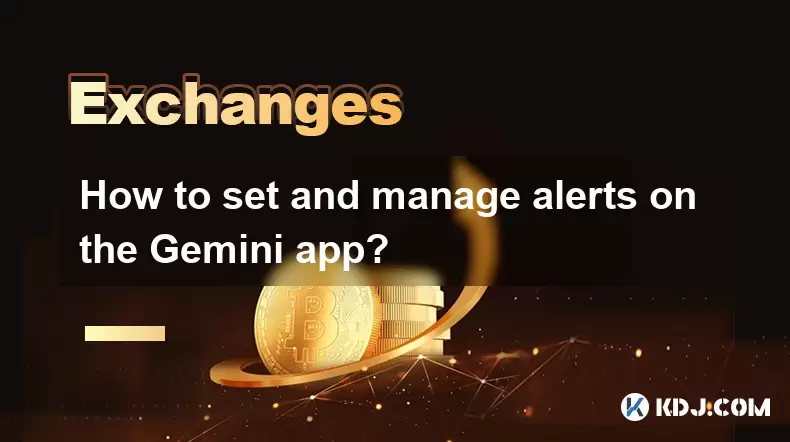
How to set and manage alerts on the Gemini app?
Aug 03,2025 at 11:00am
Understanding the Gemini App Alert SystemThe Gemini app offers users a powerful way to stay informed about their cryptocurrency holdings, price moveme...
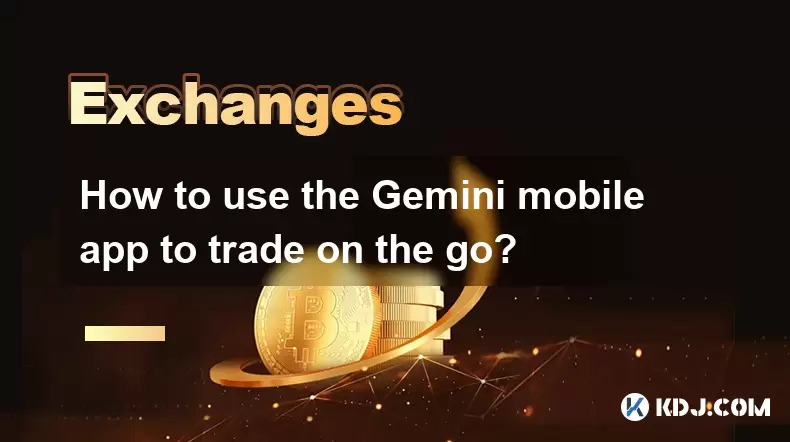
How to use the Gemini mobile app to trade on the go?
Aug 04,2025 at 09:14am
Setting Up the Gemini Mobile AppTo begin trading on the go using the Gemini mobile app, the first step is installing the application on your smartphon...
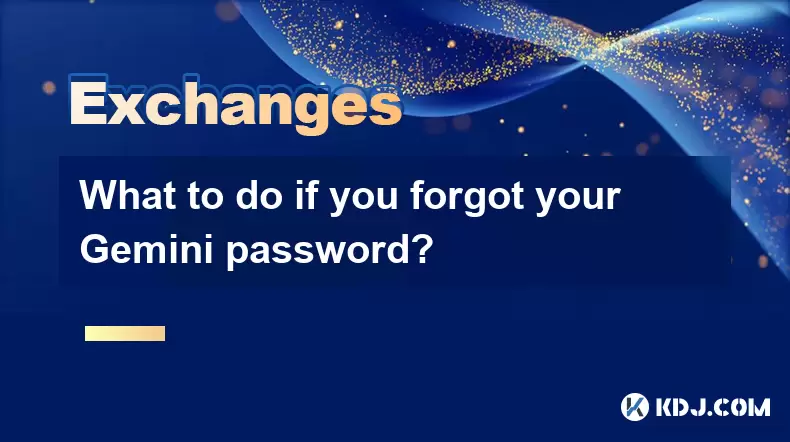
What to do if you forgot your Gemini password?
Aug 04,2025 at 03:42am
Understanding the Role of Passwords in Gemini AccountsWhen using Gemini, a regulated cryptocurrency exchange platform, your password serves as one of ...
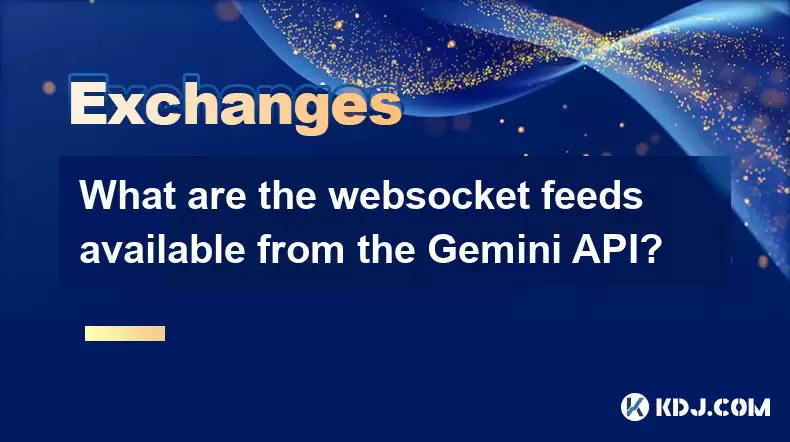
What are the websocket feeds available from the Gemini API?
Aug 03,2025 at 07:43pm
Overview of Gemini WebSocket FeedsThe Gemini API provides real-time market data through its WebSocket feeds, enabling developers and traders to receiv...
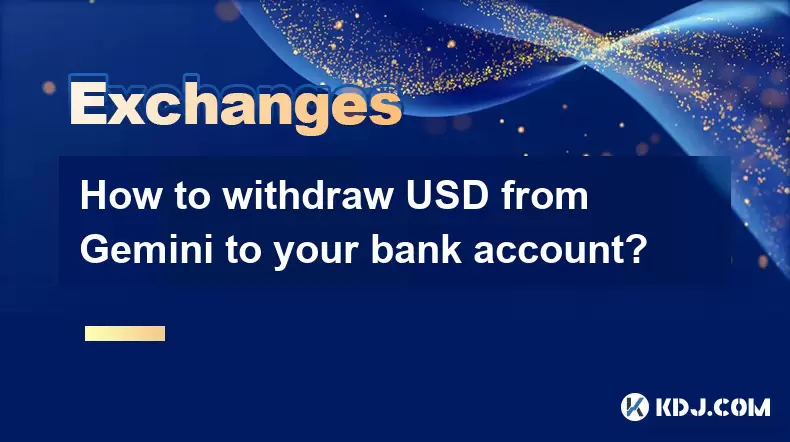
How to withdraw USD from Gemini to your bank account?
Aug 04,2025 at 11:01am
Understanding Gemini and USD WithdrawalsGemini is a regulated cryptocurrency exchange platform that allows users to buy, sell, trade, and store digita...
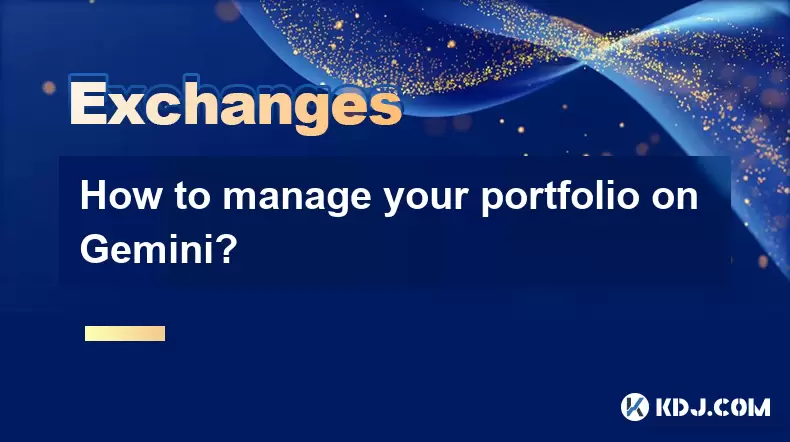
How to manage your portfolio on Gemini?
Aug 03,2025 at 10:36am
Accessing Your Gemini Portfolio DashboardTo begin managing your portfolio on Gemini, you must first log in to your account through the official websit...

How to set and manage alerts on the Gemini app?
Aug 03,2025 at 11:00am
Understanding the Gemini App Alert SystemThe Gemini app offers users a powerful way to stay informed about their cryptocurrency holdings, price moveme...

How to use the Gemini mobile app to trade on the go?
Aug 04,2025 at 09:14am
Setting Up the Gemini Mobile AppTo begin trading on the go using the Gemini mobile app, the first step is installing the application on your smartphon...

What to do if you forgot your Gemini password?
Aug 04,2025 at 03:42am
Understanding the Role of Passwords in Gemini AccountsWhen using Gemini, a regulated cryptocurrency exchange platform, your password serves as one of ...

What are the websocket feeds available from the Gemini API?
Aug 03,2025 at 07:43pm
Overview of Gemini WebSocket FeedsThe Gemini API provides real-time market data through its WebSocket feeds, enabling developers and traders to receiv...

How to withdraw USD from Gemini to your bank account?
Aug 04,2025 at 11:01am
Understanding Gemini and USD WithdrawalsGemini is a regulated cryptocurrency exchange platform that allows users to buy, sell, trade, and store digita...

How to manage your portfolio on Gemini?
Aug 03,2025 at 10:36am
Accessing Your Gemini Portfolio DashboardTo begin managing your portfolio on Gemini, you must first log in to your account through the official websit...
See all articles

























































































